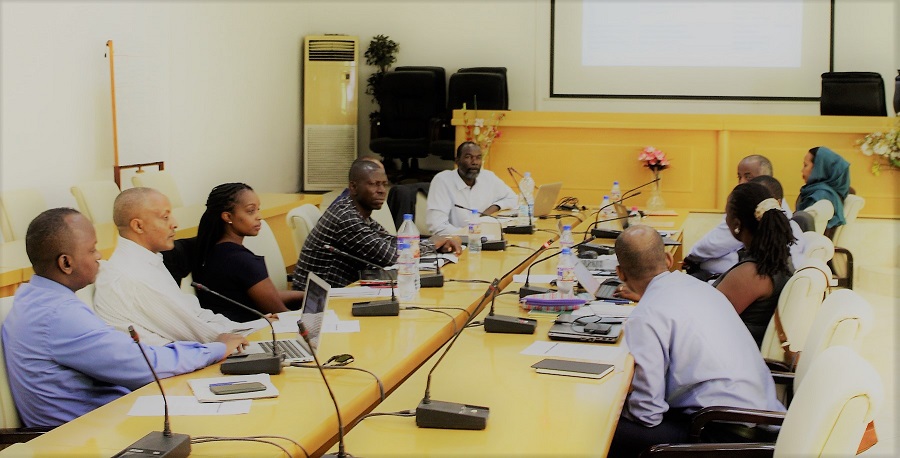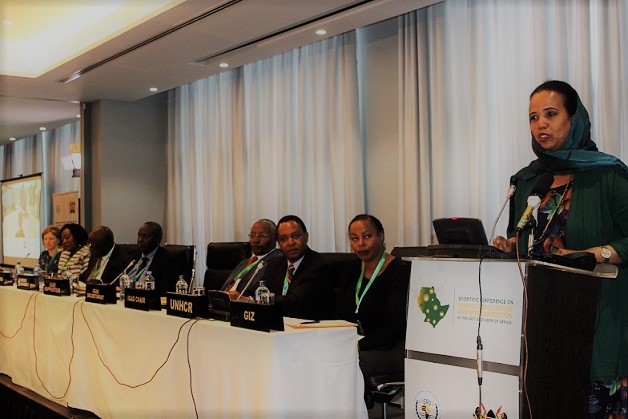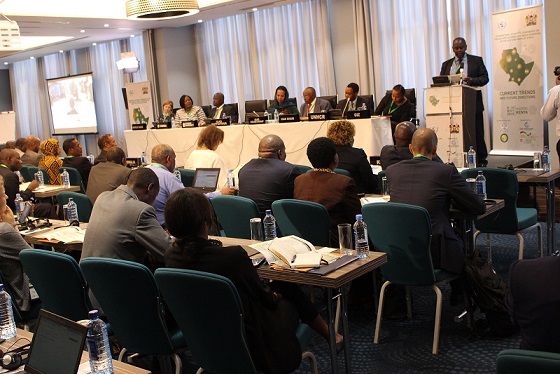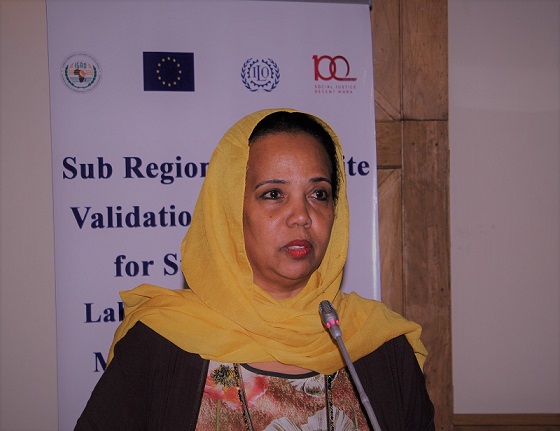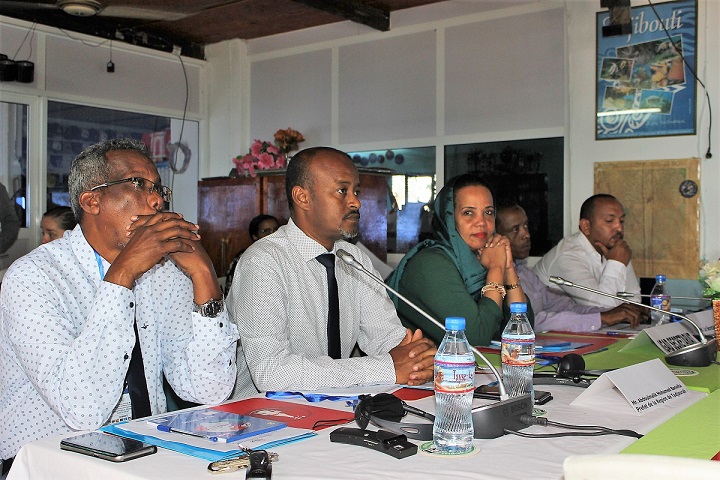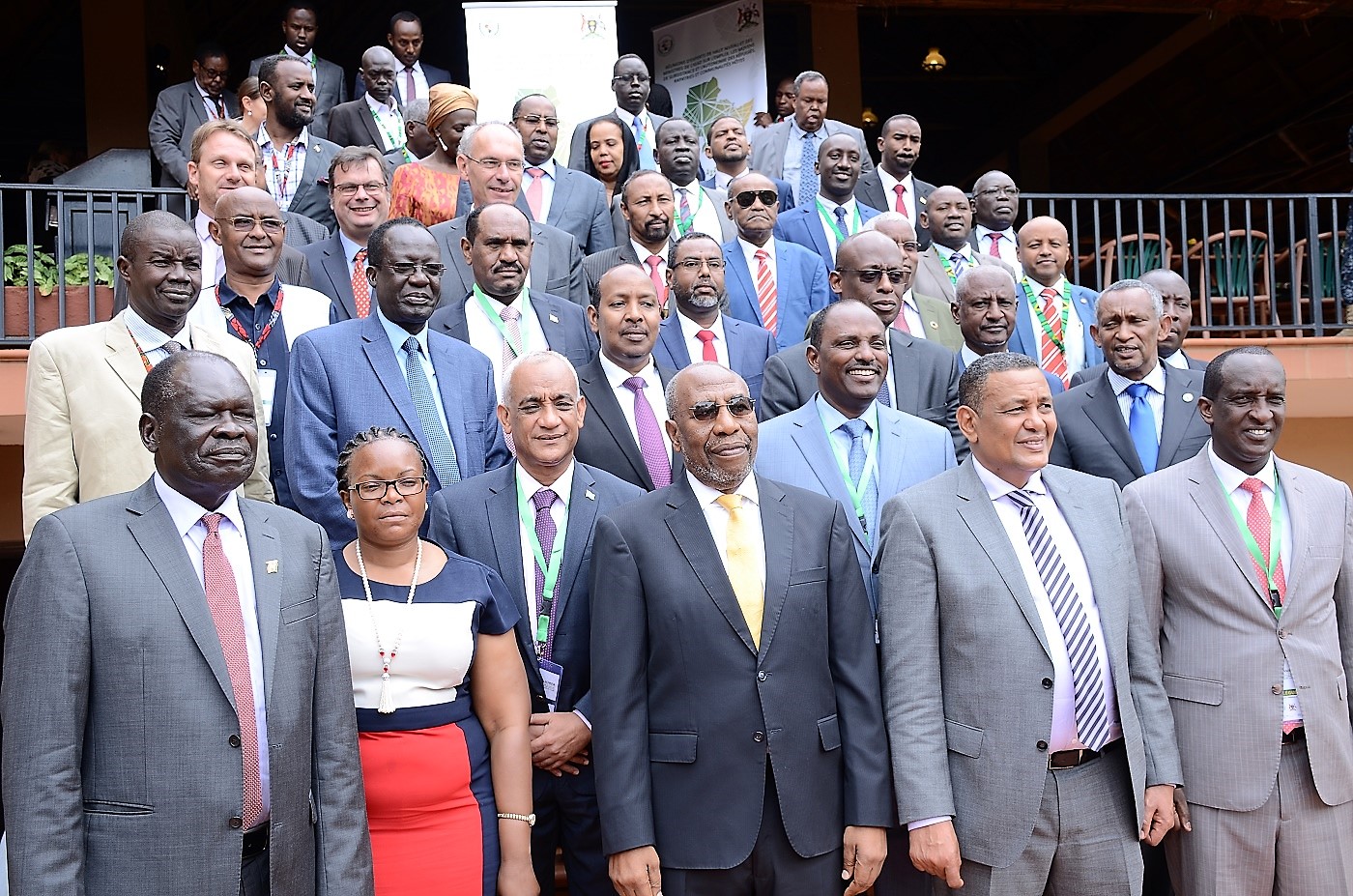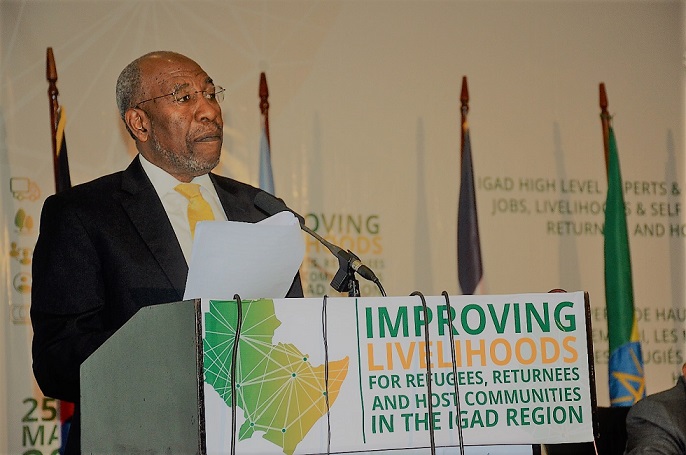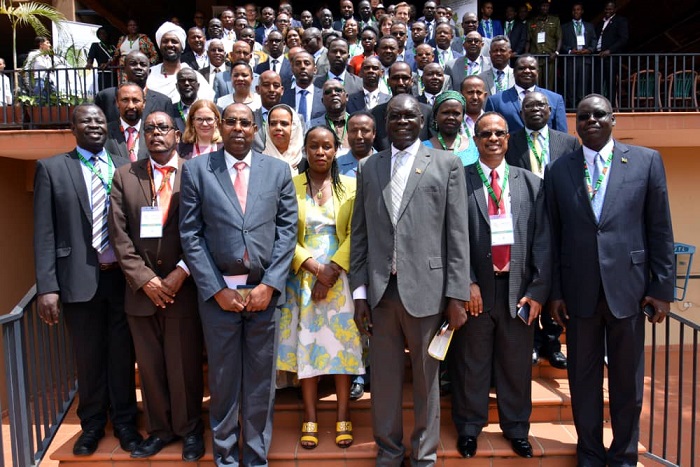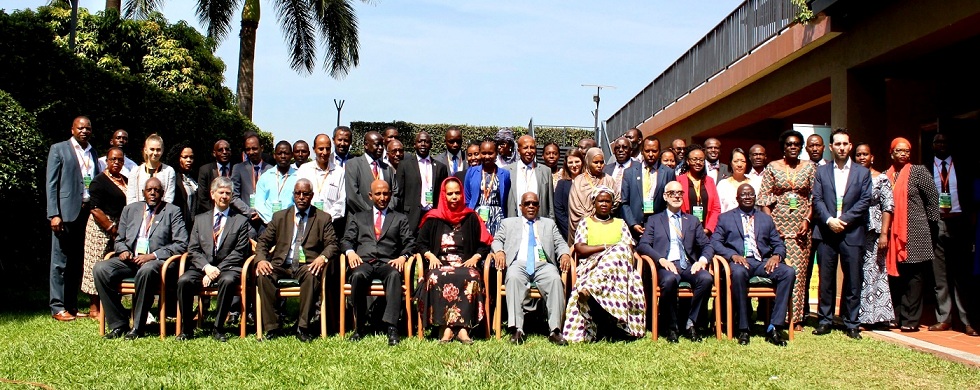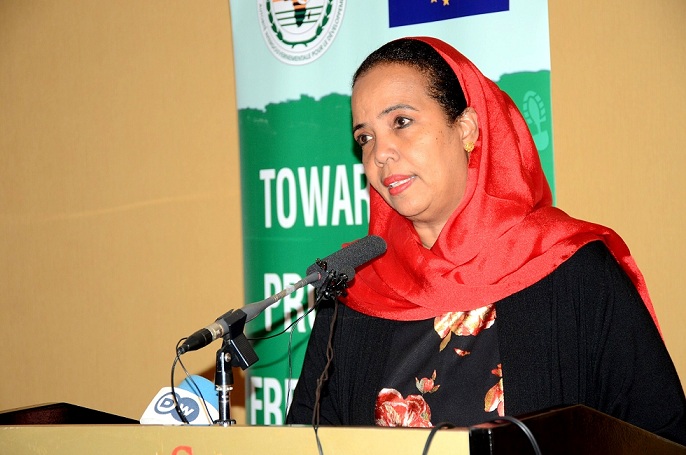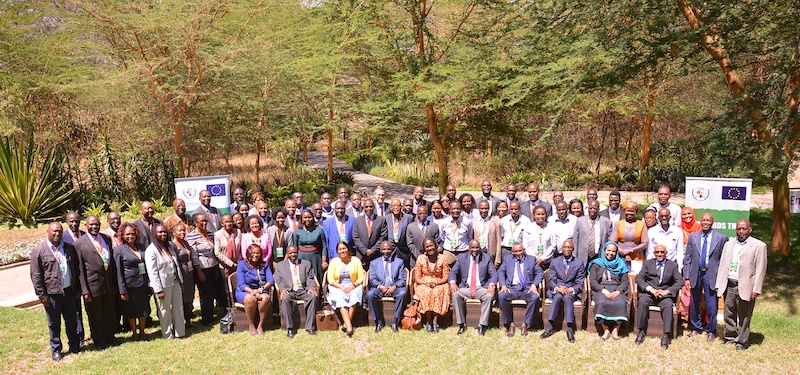IGAD and World Bank Teams Agree to Accelerate Migration Project Implementation
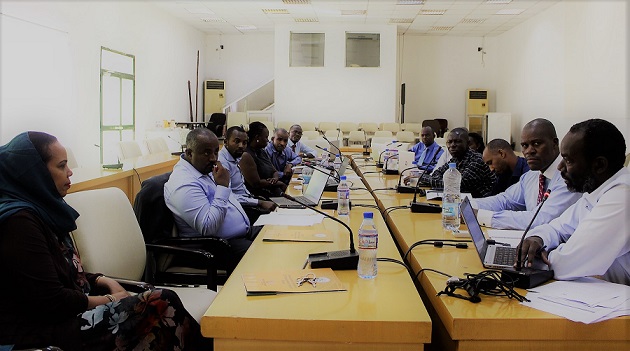
26 May 2019, DJIBOUTI (Djibouti): The Development Response to Displacement Impacts Project (DRDIP) of the Intergovernmental Authority on Development (IGAD) Migration Programme today held a meeting with the World Bank within the framework of the support provided to the regional organisation in terms of the project implementation.
This 4th Support Implementation Mission to IGAD gathered IGAD DRDIP team in full led by the Director of IGAD Health & Social Development Division, Ms Fathia A. Alwan, and the Senior Programme Coordinator, Dr Mohamed H. Elduma, while the World Bank was represented by Mr. Esayas Nigatu, Senior Livestock and Pastoral Development Specialist.
The mission mainly focused on reviewing work programme, agreeing on acceleration plan for the activities behind schedule, and finalising the scope and timing for the project midterm review scheduled for June or July 2019.
In her opening remarks, Ms Alwan recalled that the DRDIP team was now complete and the relocation of the IGAD Regional Secretariat for Migration from Nairobi to Djibouti was effected. She assured all the activities planned for this year will be executed and an accelerated implementation plan was in order.
She furthermore thanked the World Bank for the extra support brought to the IGAD Member States that are parties to the DRDIP initiative: Djibouti, Kenya, Ethiopia and Uganda. As part of the second phase of the Project, Ms Alwan also pledged IGAD commitment to be ‘more proactively engaging with Somalia government authorities responsible for refugees, returnees and durable solutions so as to address issues of return and reintegration’.
She finally called on the World Bank to agree on pushing the Midterm Review of the first phase of the Development Response to Displacement Impacts Project (DRDIP 1) back to the beginning of 2020.
The World Bank supported IGAD towards the establishment of a Regional Secretariat on Forced Displacement and Mixed Migration within the context of the Development Response to Displacement Impacts Project (DRDIP) in the Horn of Africa. This project contributes to the improvement of economic opportunities, environmental management and access to social services in refugee hosting areas of project countries. The Djibouti-based DRDIP Regional Secretariat objective is to advance the development approach to displacement through advocacy, research and knowledge generation working with think tanks and universities in the IGAD region.
ஜஜ۩END۩ஜஜ

